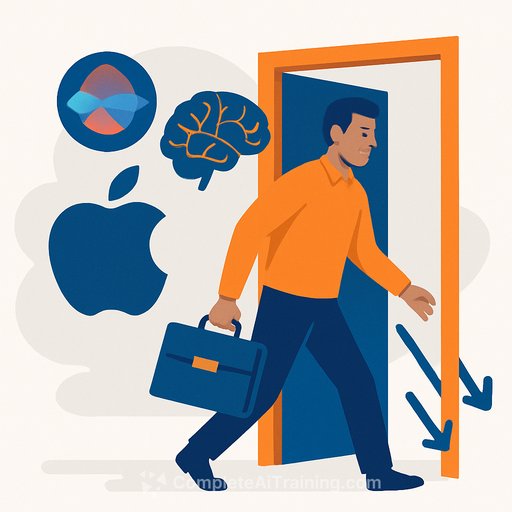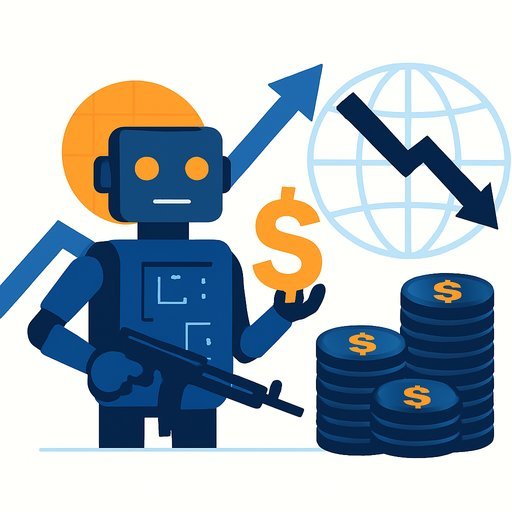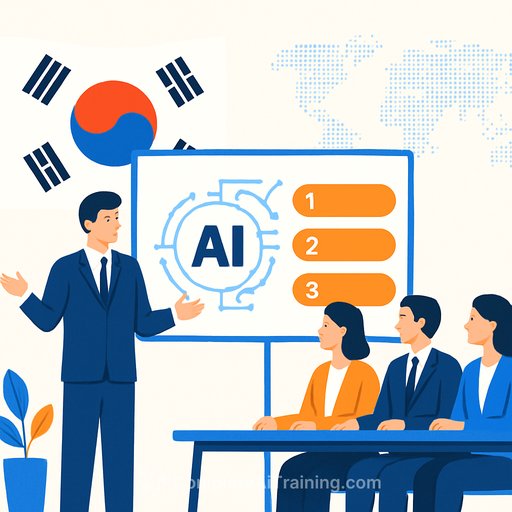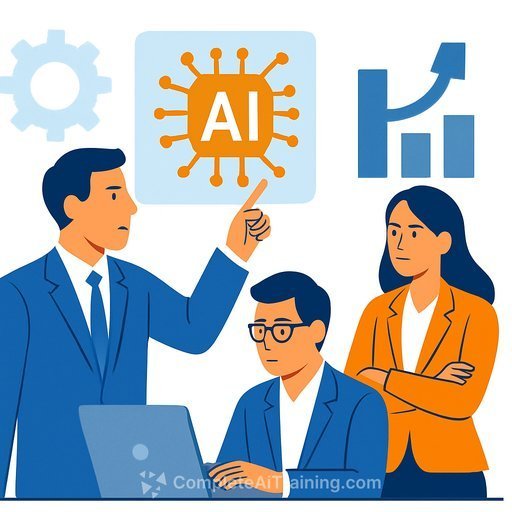Apple's top AI executive Robby Walker is leaving. Here's what it means for product and talent strategy
Sep 13, 2025
Robby Walker, one of Apple's most senior AI leaders, will leave the company next month. He previously led Siri until early this year, when ownership shifted to software chief Craig Federighi after promised improvements were publicly delayed.
After stepping away from Siri, Walker moved to a high-priority project: an AI-powered web search system positioned against Perplexity and ChatGPT, with a launch planned for next year. He served as senior director of Apple's Answers, Information and Knowledge team, though his scope and team size were reduced in recent months.
Why this matters for executives
Walker's departure is not isolated. Ruoming Pang, who led Apple's AI models team, recently left for Meta, taking multiple engineers and researchers. Last month, Frank Chu, a senior leader on search services, also exited for the social networking giant.
This pattern signals pressure on Apple's AI org and its ability to ship on schedule. It also widens the execution gap in search and assistant features that were already behind internal expectations.
Siri delays and internal pressure
In a March internal meeting, Walker addressed criticism of Siri's delays, calling them embarrassing. "We swam hundreds of miles - we set a Guinness Book for World Records for swimming distance - but we still didn't swim to Hawaii. And we were being jumped on, not for the amazing swimming that we did, but the fact that we didn't get to the destination."
Strategic takeaways for product and org leaders
- Execution beats effort: users care about shipped outcomes, not near-misses. Tie goals to clear milestones and public ship criteria.
- Single-threaded ownership: large AI features need a directly accountable owner with authority over model, data, infra, and UX.
- Talent concentration risk: when a few leaders hold key systems, delays and exits compound. Spread critical knowledge and succession plans.
- Retention via roadmap clarity: top researchers stay when the path to impact is visible. Publish an internal scorecard for AI bets and review weekly.
- Competitive gravity: Meta's hiring pull shows where momentum is perceived. Benchmark your comp, publishing policy, and compute access.
- Search as a wedge: AI search is now a product beachhead. If you build assistants, you're in the answer business-data contracts and latency budgets decide winners.
What to watch next
- Whether Apple's AI search timeline slips or ships on schedule without Walker.
- How Craig Federighi reallocates ownership to close gaps on Siri and search.
- Recruiting velocity into Apple's AI models and search stacks over the next quarter.
- Signals of partnerships or acquisitions to backfill model, data, or ranking expertise.
Actions you can take this quarter
- Run an org audit: map each AI initiative to a single DRI, budget, compute, and hiring plan.
- Install a red-team cadence for flagship features; measure time-to-fix on top issues weekly.
- Create retention offers tied to milestone-based equity and first-author publishing tracks.
- De-risk with docs: mandate design docs, data lineage, and model cards to reduce key-person risk.
- Align product narratives with what will ship in 90 days-cut anything that won't.
- Instrument outcome metrics users feel: answer quality, latency, refusal rate, and trust signals.
For background on Apple's current AI direction, see Apple's platform updates on AI and Siri at the company's newsroom and developer materials. Apple Newsroom
Upskilling teams for AI product, data, and leadership roles? Explore role-based programs: Complete AI Training - Courses by Job
Your membership also unlocks:






